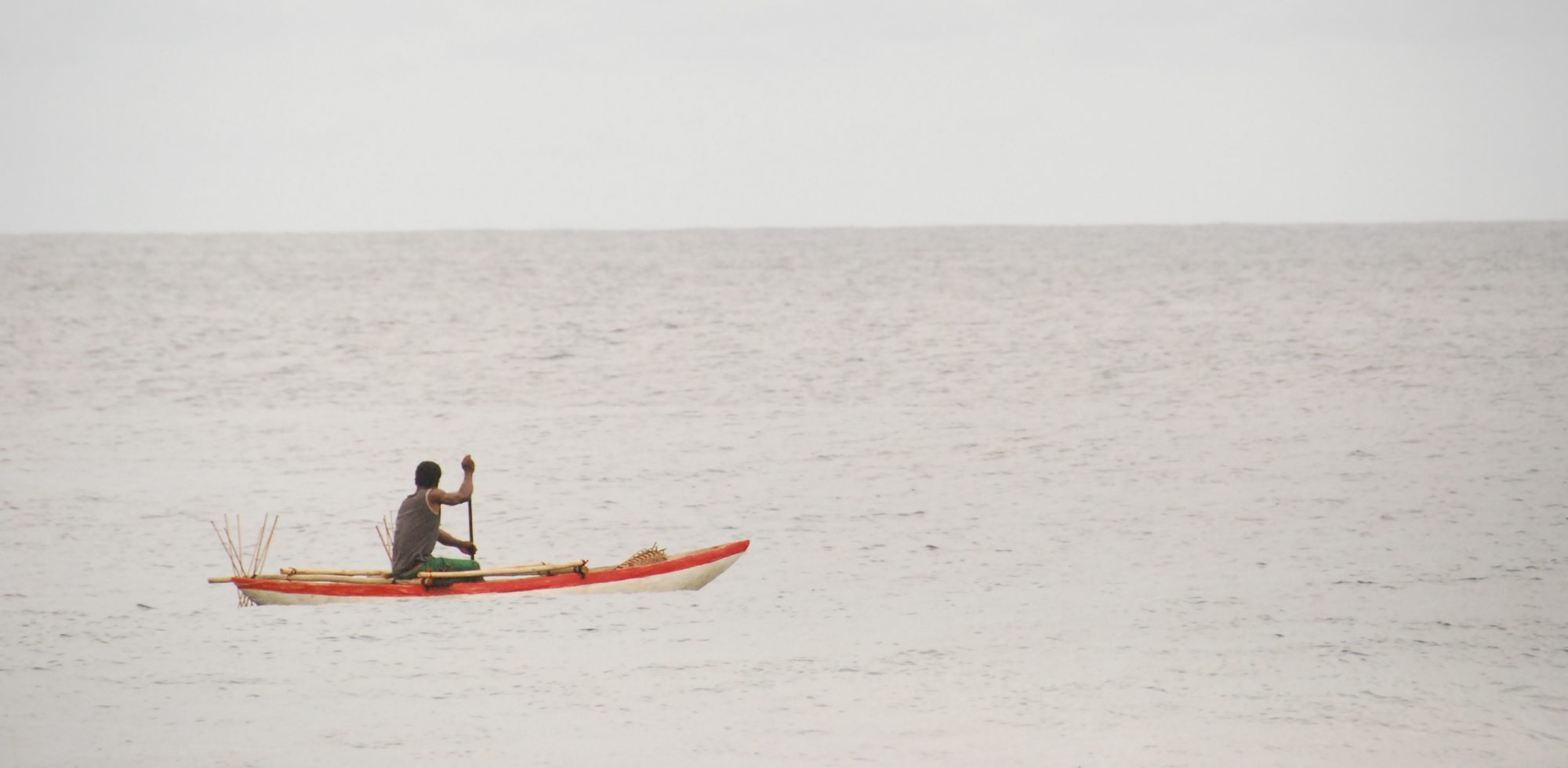On 11th November 2016 Jacqueline Solway gave a talk ‘Slow Marriage’, ‘Fast Bogadi’: Change and Continuity in Marriage in Botswana as part of the Anthropology Visiting Seminar series.
Abstract
Classic work on Tswana marriage emphasises that it is a process of becoming, involving a series of rituals and prestations characterised by a long period of socially productive ambiguity in which the status of the union, the spouses, their children and their broader families remain uncertain. Marriage was a “total social phenomenon” entailing the intermingling of the economic, social and political spheres and continual gift circulation, thereby fostering dense social networks. In the twenty-first century, relatively few people marry, marriage is largely a middle class phenomenon, and people marry in civil ceremonies such that marriage is virtually instantaneous. Associated rituals occur over one or two days and bridewealth [bogadi] is usually given at the time of marriage. This article examines what such a time contraction in the rituals and prestations means and what it might suggest about marriage, the person and kinship. I propose two ideal types to capture this evolving process, “slow marriage” to depict marriages in the past and “fast bogadi” to characterize contemporary marriages in which the rituals and gifts exchanged between marrying families occur over a brief time period. I draw on the concept of “possessive individualism” to help understand changing notions of personhood.
